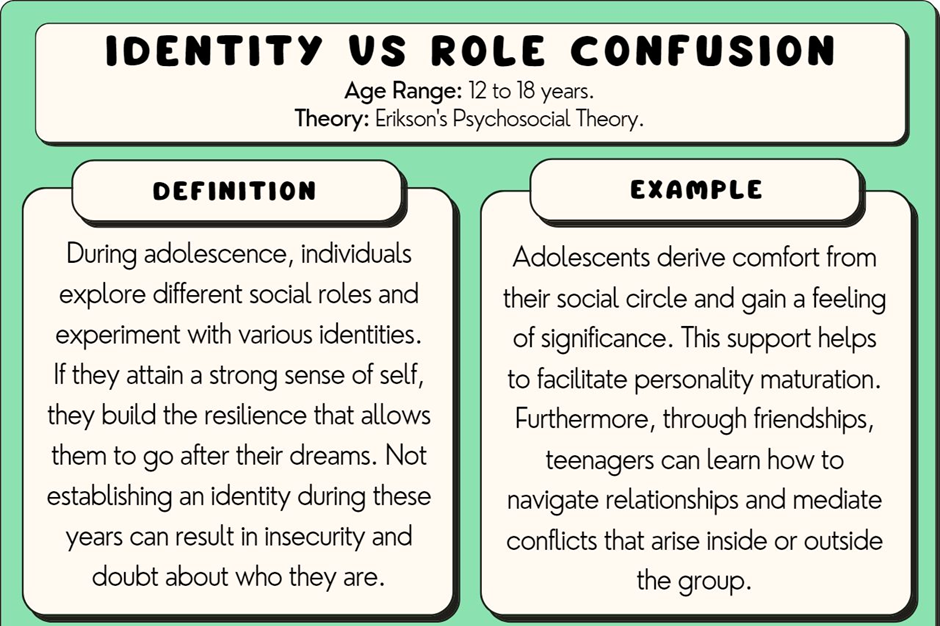Which statement reflects an accurate understanding of when termination would first be discussed as part of the nurse-patient relationship?
"Now that we've discussed your reasons for being here and how often we will meet. I'd like to talk about what we will do at the time of your discharge."
"You are being discharged today, so I’d like to bring up the subject of termination which includes discussing your time here and summarizing what coping skills you have attained.
"Now that we are working on your problem-solving skills and the behaviors you'd like to change like to bring up the issue of termination
Haven’t met my new patient yes, but am working through my findings of anxiety in dealing with patient who wanted to kill herself
The Correct Answer is C
Choice A Reason:
"Now that we've discussed your reasons for being here and how often we will meet, I'd like to talk about what we will do at the time of your discharge." This option seems to introduce the topic of termination prematurely, especially if the client's issues and goals haven't been adequately addressed yet.
Choice B Reason:
"You are being discharged today, so I'd like to bring up the subject of termination, which includes discussing your time here and summarizing what coping skills you have attained."This option presents termination at the time of discharge without prior discussion or collaboration with the client.
Choice C Reason:
"Now that we are working on your problem-solving skills and the behaviors you'd like to change, I'd like to bring up the issue of termination." In therapeutic relationships, termination is an essential phase that involves discussing the ending of the relationship and summarizing the progress made. Bringing up the topic of termination when actively working on the client's goals and issues is appropriate. It allows for a collaborative discussion about the achievements, future plans, and coping strategies that the client has developed during the therapeutic process.
Choice D Reason:
"I haven't met my new patient yet, but am working through my feelings of anxiety in dealing with a parent who wanted to kill herself." This statement is not related to the discussion of termination in the ongoing nurse-patient relationship.
Nursing Test Bank
Naxlex Comprehensive Predictor Exams
Related Questions
Correct Answer is D
Explanation
Choice A Reason:
"I’m so sad and I feel I haven't accomplished much in my life." This statement may relate more to feelings of despair and a sense of unfulfilled purpose, which could be associated with Erikson's stage of Integrity vs. Despair (late adulthood).
Choice B Reason:
"I’m so anxious, can't seem to trust anyone. “This statement may indicate difficulties with trust and may be more aligned with Erikson's stage of Trust vs. Mistrust (infancy).
Choice C Reason:
"I'm so tired after work that I just want to watch TV and be alone. “This statement may reflect fatigue or a desire for solitude and may not directly represent the identity development struggles associated with Erikson's Identity vs. Role Confusion stage.
Choice D Reason:
"I'm so confused about what my goals are.” Erikson's phase of Identity vs. Role Confusion occurs during adolescence, and individuals in this stage are exploring and forming their own identity. The statement "I'm so confused about what my goals are" suggests a struggle with establishing a clear sense of identity and future direction, which is characteristic of the challenges faced during this developmental stage.

Correct Answer is ["3.5"]
Explanation
He has been prescribed Fluphenazine decanoate 87.5 mg intramuscularly every 3 weeks to treat his schizophrenia. The nurse checks the medication order and the vial label. The vial contains Fluphenazine decanoate 25 mg per milliliter. To calculate the amount of medication to administer, the nurse uses the formula:
dose ordered / dose available = mL to administer
Substituting the values, the nurse gets:
87.5 mg / 25 mg/ml = 3.5 ml
Therefore, the nurse will administer 3.5 milliliters of Fluphenazine decanoate for this dose.
Whether you are a student looking to ace your exams or a practicing nurse seeking to enhance your expertise , our nursing education contents will empower you with the confidence and competence to make a difference in the lives of patients and become a respected leader in the healthcare field.
Visit Naxlex, invest in your future and unlock endless possibilities with our unparalleled nursing education contents today
Report Wrong Answer on the Current Question
Do you disagree with the answer? If yes, what is your expected answer? Explain.
Kindly be descriptive with the issue you are facing.
